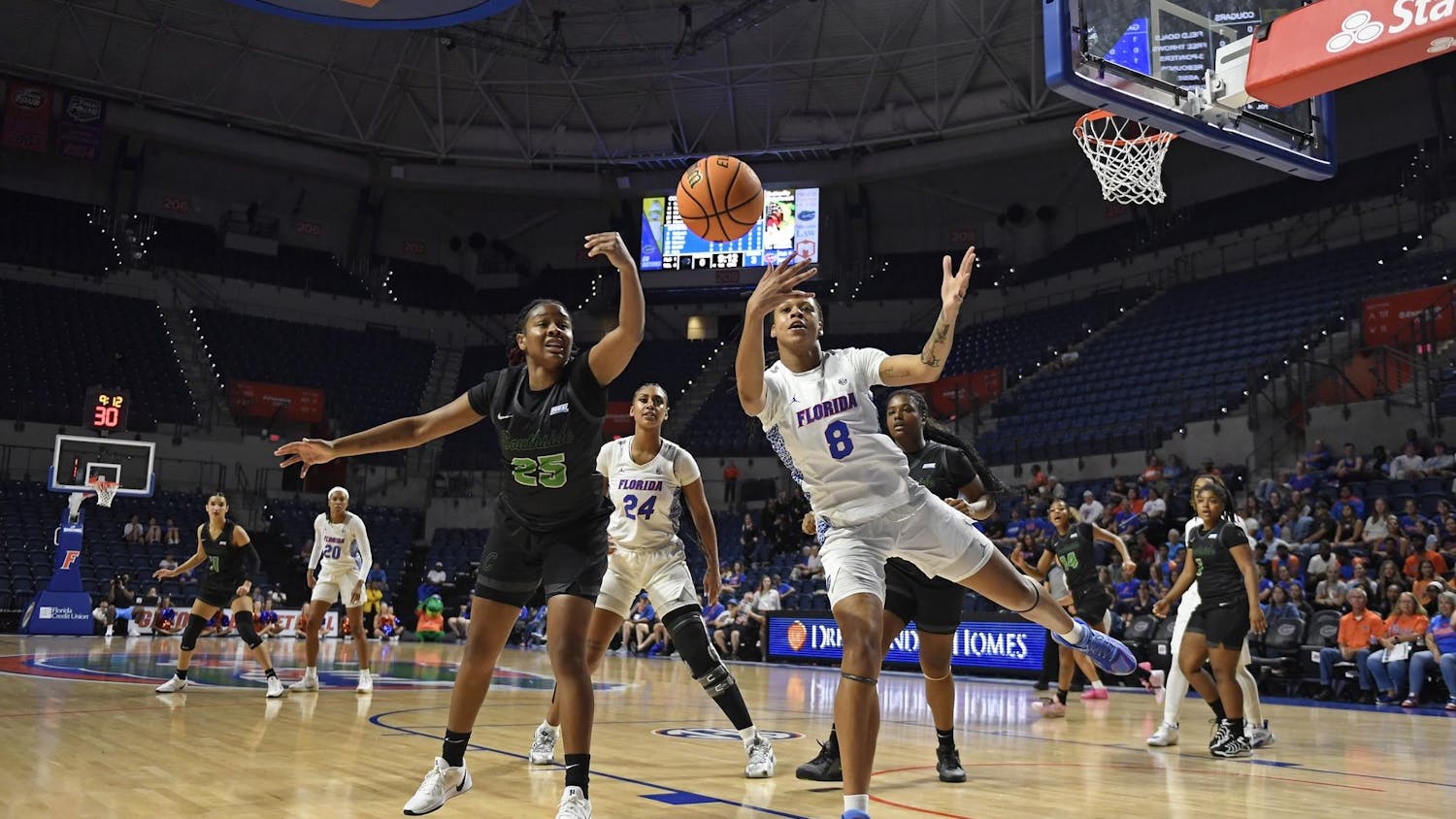"Lust and learning. That’s really all there is, isn’t it?”
—Stoner, John Williams
A UF English alumnus once told me general education was a graduation tax: a dependable and low-investment source of income for the university. In celebration of tuition’s recent due date, let us reflect on Theatre Appreciation.
THE2000 costs $638.13 for three credits, $150 for a distance learning fee, $50 for an “M&S Fee” (what is that?) and $87 for a “Fine Arts DL (Distance Learning?) 101-250 Fee.”
How much am I costing UF? Recorded lectures streamed on French Internet have a marginal cost of zero and were perhaps recorded years ago. Links to non-UF web pages cost UF nothing. I am not sitting in a UF lecture hall and will never see any UF faculty. I estimate they take 30 seconds a week to grade my work. Why must I pay extra, in the form of distance learning fees, for my absence?
Why am I taking this course at all? For the diversity credits. Supposedly, THE2000 cures its students of racism, homophobia and ethnocentrism through quizzes, discussion posts and production critiques.
For THE2000, I complete a weekly multiple choice quiz and write a so-called discussion post. For ENL4333 — Shakespeare Tragedies — I wrote 70 pages. I suffered through willfully mind-twisting quizzes. The tragedies consumed and undid me. The language and the respect afforded to it left me conflicted and angry and awestruck. Between these two drama courses, there is no common ground.
General education is at best a failure and at worst a sham. With “What is the Good Life?” we concluded that philosophy was to be taught in mammoth lecture halls, graduate assistants were the only ones lowly enough to bother with leading discussion and the value of life was worth nothing more than passive learning, mass-grading and brief excerpts. We decided the humanities weren’t to be taken seriously.
If they were — and if the sciences and arts were — general education would truly challenge students’ predispositions. It would be done early in college. It would be rigorous and involve talented faculty. If we truly wanted well-rounded students open to different epistemologies, these classes wouldn’t be dismissible jokes on the edges of our real schedules.
THE2000 is not an important part of my life. Compare THE2000 to my first French literature course, where four students and one professor in a poorly lit room probed the definition of avant-garde. Compare it to an ever more dimly lit course on Nazi medicine, one that made me weigh the meanings of evil and guilt. Compare it to evenings in poetry workshop, bowled over by lines that set the filth and pettiness of my life in bas-relief.
Here in France, undergraduate participation is a minimum. Professors recite the word of God. Their disciples scramble to transcribe every syllable; they swallow and spit up what they hear on highly formatted finals. In a word, I’ve come to miss UF. At UF, at its best, questions mattered. Learning was dialogic. Discussions threw us into unknown waters, and we treaded as best we could.
THE2000 will not change me. It will not worm into my mind and stay there. It is in harmony with the idea of online education: the University of Nowhere, the erasure of the scholarly space from America and the swallowing of meaning by the faceless imperative of profit.
One of my roommates did UF’s Pathway to Campus Enrollment, PaCE, last semester. A few hours a week, he sat in the dark of our living room, freckles bathed in blue light, clicking through multiple choice quizzes before playing “NBA 2K.” He was one of the lost ones — the discarded slough of UF’s expansion, the sacrificial lambs of UF Rising. No one could realistically have expected him to receive an education in any meaningful, adult sense of the word. But for the new UF, it seems, the facade suffices for the balance sheet.
Ann Manov is a UF French, English and Spanish senior. Her column appears on Mondays.





